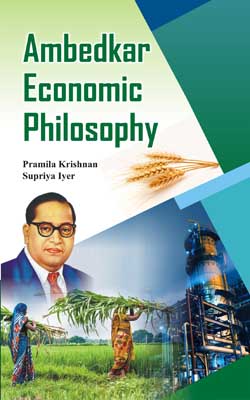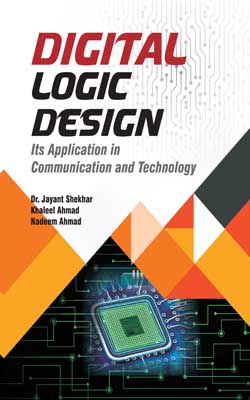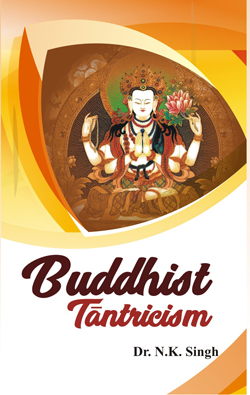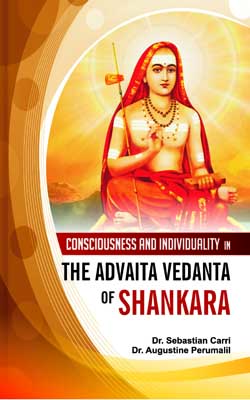Description
About the Book
Dr. Ambedkar was the first Indian economist who exposed economic exploitation of the Indian people at the hands of the British rulers, but his economic thoughts have not been recognised. His interest in and insights into historical and contemporary economic problems have been evaluated into four chapters. The first chapter deals with his philosophy of financial management in solving the problems of the Indian the Indian rupee before and after India’s independence. It also describes Ambedkar’s interpretation of colonial economy, Buddhist economy, Marxist political economy, capitalism and state socialism. Ambedkar philosophy of economic development is discussed in the second chapter. It also evaluates Ambedkar’s ideas on sectoral development, land holdings, population management and caste economy. The third chapter explains his contributions to labour protection, their welfare policy, social and health security. Ambedkar’s role in formation and management of financial institution is examines in last chapter of this book. Hope this book will be helpful for students, teachers and researches of Indian economics.
About the Authors
Pramila Krishnan is a Senior Lecturer and fellow of Jesus College, Mumbai. Her research interests include the Analysis of Household Behaviour and Rural Institutions in Developing Countries, Microeconometric Approaches to Development Economics, Household Economics and Labour Economics research into rural-urban migration in Maharashtra and Andhra Pradesh; education in Bombay slums; financial networks in rural areas; allocation of public goods in rural India.
Supriya Iyer is an Isaac Newton Trust Affiliated Lecturer at the Faculty of Economics and a Fellow of St Catharine’s College. Dr. Iyer has also been a Visiting Scholar at Harvard University and the National Bureau of Economic Research. Her research interests are in development economics and applied microeconomics, focusing particularly on the microeconomics of development, economics of religion, economic demography and education.











Reviews
There are no reviews yet.